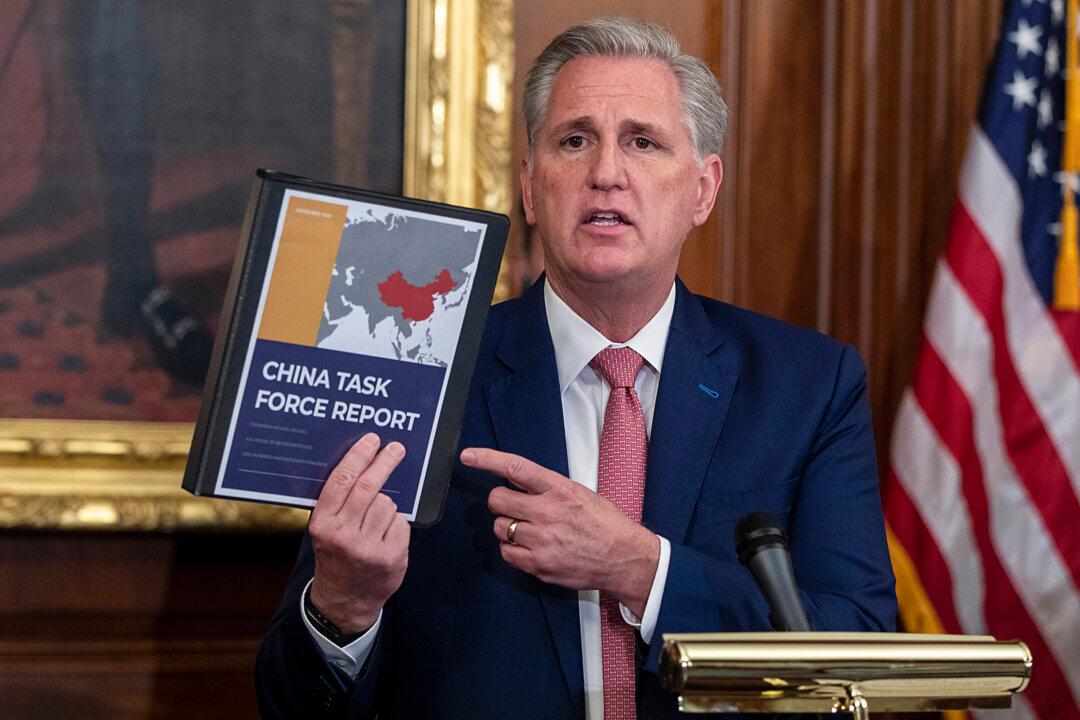WASHINGTON—The pandemic has exposed serious flaws in global supply chains, prompting a committee of Republican lawmakers to push for “aggressive, smart” tax incentives to help relocate key supply chains back to the United States.
The China Task Force, made up of 15 House Republicans, released a report on Sept. 30 with more than 400 recommendations to counter threats posed by the Chinese Communist Party (CCP).





